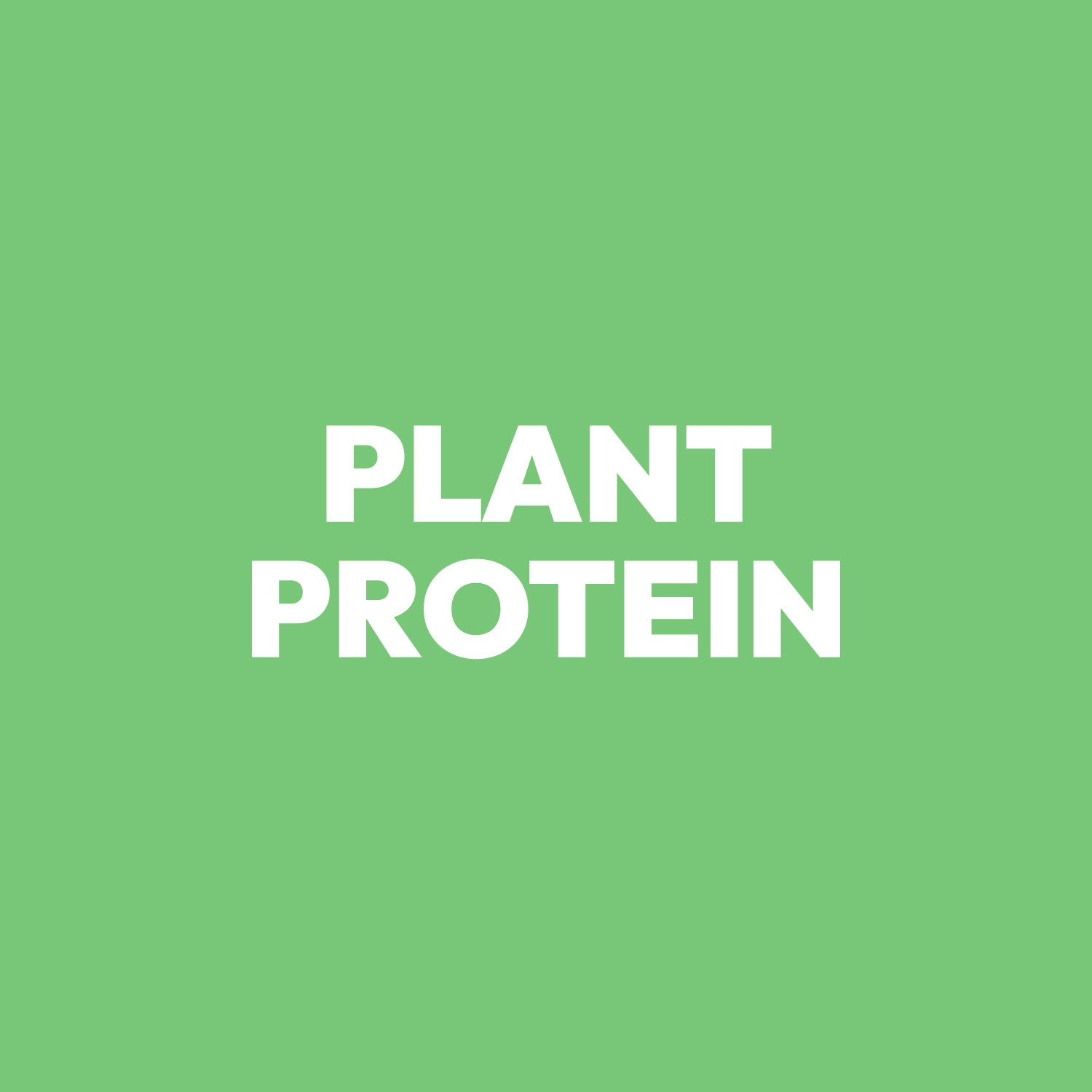

How the Gut is the Second Brain: Impact on Mental Health and Well-Being
The gut is the second brain because it has its own nervous system that works independently. It controls digestion and affects your mood and mental health. This article explains how the gut’s neural network communicates with your brain and influences your well-being.
Key Takeaways
Your gut is basically a brain buddy with 500 million neurons—talk about overachieving in the digestive department!
-
The gut-brain axis is a two-way street; when you’re stressed, your gut’s also flipping out—bye-bye breakfast!
-
Gut bacteria are the secret neurotransmitter factory, with serotonin production in the gut playing a huge role in your mood—eat happy foods for a happy gut!
The Enteric Nervous System: Your Gut's Own Brain
The enteric nervous system (ENS) is often referred to as the “second brain” for a good reason. Imagine having over 500 million neurons in your gut, making it the most complex neural network outside of your actual brains. This extensive network of nerves, part of the peripheral nervous system, contains around 400-600 million neurons, making it the most elaborate component of the peripheral nervous system.

👉 Check this article about "10 signs your gut's crying for help".
The ENS is divided into two primary networks: the myenteric plexus and the submucosal plexus. The myenteric plexus is located between the muscle layers of the gut, while the submucosal plexus is found just beneath the gut lining. These networks are responsible for coordinating gut motility, blood flow regulation, and even immune defense, all without needing a single directive from the central nervous system.
But the ENS doesn’t work alone. It is supported by enteric glial cells, which are crucial for maintaining gut health. These cells interact with various other cell types in the gut, ensuring that everything runs smoothly. So, the next time you hear someone say, “I have a gut feeling,” know that it’s more than just a saying—it’s science!
👉 Check this article about "the best supplements for gut health and bloating"
What makes the ENS truly fascinating is its ability to conduct complex functions independently of the central nervous system. It can manage peristalsis, which is the wave-like muscle contractions that move food through the digestive tract, and even regulate local blood flow and immune responses. In essence, your gut has its own mini-brain capable of making decisions on the fly.
Communication Between the Gut and Brain
Now, let’s talk about how the gut and brain are in constant communication. This two-way communication system is known as the gut-brain axis, and it’s more connected than you might think. The vagus nerve serves as the primary highway, send signals back and forth between the gut’s nervous system and the central nervous system.

The gut-brain axis isn’t just a one-way street. It’s a bidirectional network that allows the gut to influence the brain and vice versa. This means that when you’re stressed out, not only does your brain feel it, but your gut does too. Ever had an upset stomach before a big presentation? That’s your gut-brain axis at work.
👉 Check this article about " 7 signs your gut is healing"
The enteric nervous system can even influence emotions and cognitive processes by interacting with the central nervous system. This gut-brain connection affects various bodily functions, including digestion, metabolism, and brain function. So, when you’re feeling down, it might not just be all in your head—it could be involved in your gut too.
Interestingly, around 80 percent of the vagus nerve’s fibers are dedicated to sending information from the gut to the brain. This means that your gut is constantly sending updates to your brain about what’s going on down there. The ENS monitors gut microbes and relays this information to the brain via the vagus nerve. It’s like having a live news feed from your gut to your brain.
The Role of Gut Microbiome in Mental Health
Your gut is home to trillions of microbes, collectively known as the gut microbiome. These tiny organisms play a big role in your mental health. How? Well, for starters, gut microbes produce neurotransmitters that facilitate communication between the gut and brain, and these interactions can lead to some interesting gut plays.
👉 Check this article about the "top 5 worst foods for gut health"
Certain gut bacteria can produce serotonin, a neurotransmitter that regulates mood and emotional well-being. In fact, around 90% of the body’s gut produced serotonin is produced in the gut. So, when your gut is happy, your brain is more likely to be happy too.

But it’s not just about serotonin. Gut microbiota can also affect the synthesis of other neurotransmitters like dopamine and GABA, which are linked to mood regulation and anxiety. This crosstalk between the gut and brain can influence your emotional states, such as mood and stress levels.
Ongoing research indicates that the gut microbiome influences neurotransmitter systems, which may lead to new therapeutic strategies for neuropsychiatric disorders. Changes in gut microbiota have been linked to mental illness, highlighting the need for further research in this area.
Gut Health and the Immune System
Your gut doesn’t just digest food—it also plays a key role in your immune system. The gut is home to the largest collection of lymphoid tissue in the body, which is essential for maintaining intestines health and homeostasis, including the digestive system and gi function. Guts are crucial for overall well-being.
Short-chain fatty acids produced by gut bacteria are crucial for maintaining the intestinal barrier and regulating inflammation. When this barrier becomes compromised, it can lead to leaky gut syndrome, which is closely associated with the onset and progression of inflammatory bowel disease (IBD).
👉 Check this article about "benefits of digestive enzyme for gut health".
Certain strains of gut bacteria are known to enhance gut barrier function and mitigate inflammation associated with IBD. Macrophages also play a vital role in immune response within the gut, helping to maintain the integrity of the intestinal barrier.
The enteric nervous system interacts with immune cells to regulate gut health and prevent inflammatory conditions. Dysbiosis, or imbalances in gut microbiota, is a significant contributor to the pathogenesis of IBD and can exacerbate inflammatory responses.
Diet and Gut Microbiome Composition
What you eat has a direct impact on your gut microbiome. Consumption of fermented foods, for example, has been linked to positive changes in gut microbiome diversity and composition, contributing to a diverse gut microbiome. These foods can produce metabolites like short-chain fatty acids, which are beneficial for gut health and can influence inflammation.
Fermented foods can also enhance the survival and interaction of beneficial microbes within the gut, contributing to their beneficial effects. On the flip side, processed foods tend to be lower in dietary fiber and may negatively impact gut health compared to whole foods.
Specific dietary interventions, including probiotics and prebiotics, have shown promise in restoring gut microbiota balance and improving mental health outcomes. The presence of live microorganisms in fermented foods can contribute to gut health by competing with pathogenic bacteria and promoting beneficial bacteria.
Gut-Brain Axis and Chronic Conditions
The gut-brain axis is not just about short-term mental health; it also plays a role in chronic conditions. Disruption of gut microbiota, known as dysbiosis, is associated with the onset of various mental health disorders, including schizophrenia and depression.
Research indicates that gut microbiota alterations can exacerbate motor symptoms in Parkinson’s disease models. Alterations in gut microbiota have also been linked to increased neuroinflammation and glial activation in conditions such as Alzheimer’s disease and Parkinson’s diseases.

Studies suggest that restoring a healthy gut microbiome through dietary interventions may improve cognitive functions in neurodegenerative conditions. Microbiota manipulation, such as fecal microbiota transplantation, shows potential in restoring gut-brain communication and mitigating symptoms of neurodegenerative diseases.
Recent studies show that changes in microbiota and metabolites can influence brain dysfunction, potentially guiding treatment strategies. Certain bacterial species produce proteins similar to alpha-synuclein, associated with Parkinson’s disease, highlighting the need for targeted microbiome research.
Innovative Research and Future Directions
The future of gut-brain research is incredibly promising. Future research is likely to focus on the potential for gut microbiota to inform personalized treatment approaches for gastrointestinal and mental health issues.
Developments in technology aim to create devices for real-time monitoring of the enteric nervous system to enhance understanding of gut health and overall health. Innovative research is uncovering the complex relationship between gut health and general well being, paving the way for new treatment modalities involving electrical stimulation.
👉 Check this article about " prebiotic vs probiotic"
The integration of microbiome research and advanced monitoring technologies is expected to significantly advance our comprehension of the gut-brain connection.
Summary
In summary, the gut is more than just a digestive organ; it’s a complex system that plays a crucial role in our mental health and overall well-being. From the enteric nervous system to the gut-brain axis and the impact of diet, our gut is intricately connected to our brain.
Taking care of your gut can lead to improved mental health, better immune function, and a happier life. So, the next time you have a gut feeling, listen to it—it might just be your second brain talking!
Share:
Frequently Asked Questions
More blogs
-

Best Natural Sleep Drinks Australia 2026
Sleep drinks are revolutionising how Australians approach better rest. Unlike tablets or teas, they deliver concentrated doses of sleep-supporting ingredients in a warm, enjoyable format that fits seamlessly into your evening routine. Magik Mylk Sleepy Hot Chocolate leads the market with...
-

Natural Sleep Ingredients Explained
Looking for better sleep without synthetic chemicals? Plant-based sleep supplements combine time-tested botanicals with modern science. Magnesium relaxes your muscles, L-glycine lowers body temperature for deeper sleep, L-tryptophan supports serotonin production, passionflower eases anxiety, and chamomile promotes calm, all working together naturally. This guide breaks down the top ingredients backed...
-

Chocolate Rice Protein Pudding
Leftover rice… but make it dessert 🍫This Chocolate Rice Protein Pudding is rich, silky, and quietly genius. Zero waste energy, chocolatey comfort vibes, and a sneaky protein boost... aka dessert that does more. Method 1. Melt your chocGently melt the dark...
















